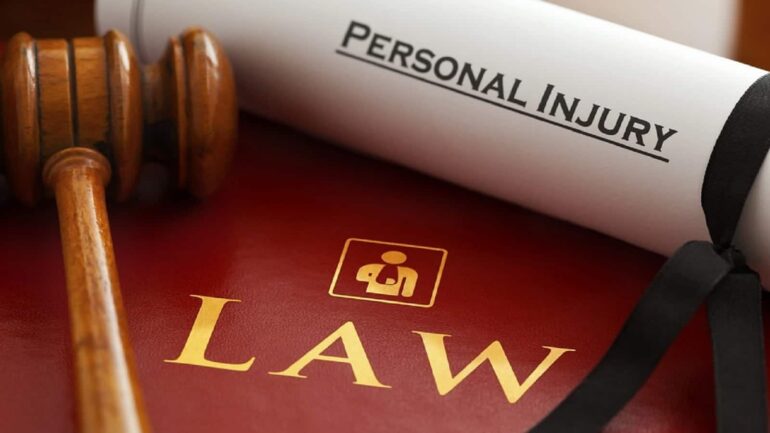In the realm of personal injury law, the choice of where to file a lawsuit is a critical decision. This article explores the significance of location in legal proceedings, underscoring its impact on case outcomes and legal strategies. Understanding this aspect is essential for anyone navigating the complexities of personal injury claims.
Filing a personal injury lawsuit can be a complex and challenging process. One crucial factor that often goes overlooked is the choice of location for filing the lawsuit. The jurisdiction where a case is filed can significantly impact the outcome, influencing everything from the applicable laws to the potential compensation awarded.
The article below will explore why the location of filing a personal injury lawsuit is so important and how it can make a substantial difference in the final verdict.
The Impact of Local Laws

One of the primary reasons why the location of filing a personal injury lawsuit is crucial lies in the variations of laws across different jurisdictions. Every state has its own set of laws governing personal injury cases, and these local laws can differ significantly.
For example, the statute of limitations, which dictates the time frame within which a lawsuit must be filed, can vary from state to state. Being aware of and strategically navigating these differences is vital for ensuring the success of a personal injury claim.
Moreover, some states follow a comparative negligence system, where the plaintiff’s compensation may be reduced based on their percentage of fault. In contrast, others adhere to a contributory negligence system, where any contribution to the accident by the plaintiff can completely bar them from recovering damages.
Understanding these legal nuances is essential for building a strong case and maximizing the chances of a favorable outcome.
Local Jury Attitudes and Perceptions

Beyond legal technicalities, the attitudes and perceptions of local juries can significantly impact the outcome of a personal injury lawsuit. Different regions may have varying perspectives on issues such as liability, negligence, and appropriate compensation.
This means that the same set of facts presented in a courtroom in one state might yield different results than in another. Local jurors are often influenced by their community’s values, social norms, and cultural factors.
A lawyer experienced in the specific jurisdiction can leverage this understanding to tailor their approach, arguments, and even jury selection strategies accordingly. This ability to connect with the local jury can make a substantial difference in the way evidence is perceived and decisions are made.
Venue Shopping and Forum Non Conveniens

In some cases, plaintiffs may be tempted to file their lawsuits in jurisdictions they believe to be more favorable or offer higher potential compensation. This practice, known as venue shopping, is not always straightforward, as defendants can seek to have the case dismissed or transferred to a more appropriate venue through a legal doctrine called forum non conveniens.
Forum non conveniens allows a court to decline jurisdiction if it believes another court, possibly in a different location, would be more convenient and fair for all parties involved. This emphasizes the importance of carefully considering the venue and ensuring it is both legally and logistically suitable for the case at hand.
The location of filing a personal injury lawsuit is a critical factor that can significantly impact the outcome of the case. From variations in local laws to the influence of jury attitudes and the potential for forum non conveniens motions, every aspect of the legal process is intertwined with the chosen jurisdiction.
Plaintiffs and their legal representatives must carefully evaluate these factors to make informed decisions that enhance their chances of success in seeking justice and fair compensation. Ultimately, understanding and navigating the complexities of venue selection can be the key to achieving a favorable resolution in a personal injury lawsuit.
